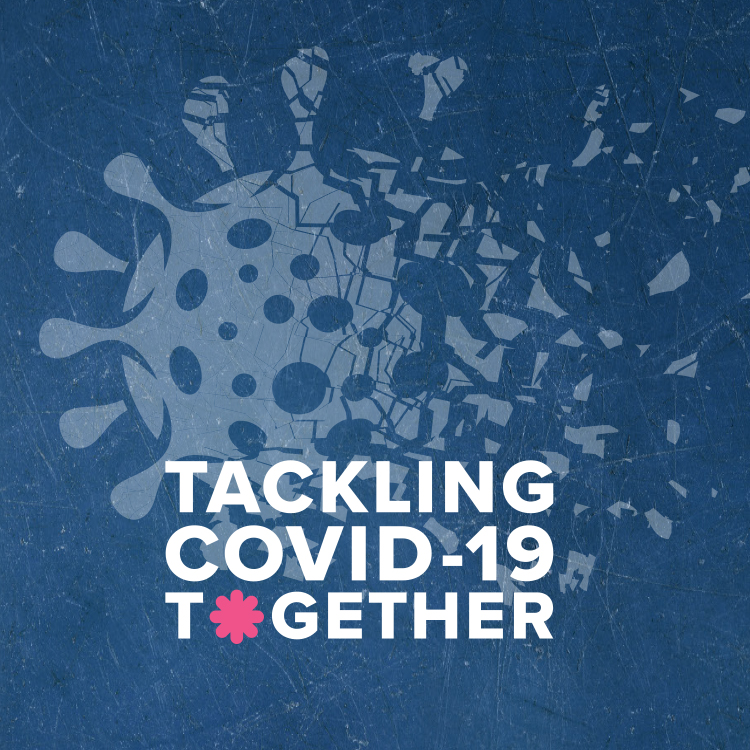Search
Research
Children arriving hungry in the first year of school: population trends in Australia from 2009 to 2021Access to adequate nutrition is a human right. In 2023, 23% of Australian households were severely food insecure, reducing food intake, skipping meals or days of eating. Food insecurity in early childhood is linked to poor health and development. Specifically, breakfast provides children with the necessary nutrients required for sustained attention, memory, and cognitive growth. Australian research has reported that one in three children aged 8–18 years regularly skip breakfast. However, there is little understanding of the prevalence of food insecurity among young children in Australia.
Research
‘Feeling like you can't do anything because you don't know where to start’—Parents' Perspectives of Barriers and Facilitators to Accessing Early Detection for Children at Risk of CPEarly detection of cerebral palsy (CP) risk is possible from 12 weeks corrected gestational age (CGA) using standardised assessments; however, up to half of children at risk are not referred early, missing out on early intervention. We investigated the barriers and facilitators to accessing early intervention from the perspective of parents of children who did not receive services by 6 months CGA.
Research
Resilience and mental health among care leavers: Role of social inclusion, self-determination, and independent living skillsYoung people transitioning from out-of-home care (OHC) frequently experience poor mental health and resilience due to adverse childhood experiences (ACEs). However, there is limited understanding of the factors that mediate and moderate these outcomes. This is the first study to integrate linked administrative and longitudinal data to examine the mediation and moderation effects of placement stability, independent living skills (ILS), social inclusion, and self-determination when examining the association between ACEs and care status on mental health and resilience.
Research
Vitamin D and SunlightIn a sunny country such as Australia, it’s important to identify how to achieve the right amount of sun exposure for good health. We need to be able to harness the benefits of vitamin D and sunlight while remaining protected from the proven dangers of too much UV radiation.
Research
Clostridioides (Clostridium) difficile in children and adolescents in the community in CambodiaClostridioides (Clostridium) difficile transmission between community and healthcare settings has been increasingly reported. We aimed to identify the prevalence and molecular epidemiology of C. difficile colonising adolescents and non-hospitalised children in Cambodia.

Research that maps and tracks.
Research
Facilitators, barriers, and strategies for supporting shared decision-making with people with intellectual disability: A West Australian primary healthcare professional perspectiveShared decision-making between patients and primary healthcare professionals positively impacts health outcomes. However, people with intellectual disability face additional barriers and require supported shared decision-making (SSDM) to participate. Little is known about how healthcare professionals use SSDM with this population. This paper explores the facilitators and barriers experienced, and strategies/resources employed by healthcare professionals working with people with intellectual disability.
Research
Factors influencing adult and adolescent completion of treatment for late syphilis: a mixed methods systematic reviewTo identify factors influencing the completion of a three-dose course of weekly intramuscular benzathine penicillin G injections by adults and adolescents with syphilis of unknown duration or late syphilis.
Research
Using Focussed Ethnography to Observe and Understand the Actions and Interactions of People With Prader-Willi Syndrome When They Exercise at a Community Gym: A ProtocolExercise for people with Prader-Willi syndrome (PWS) is important for their health and wellbeing and can provide opportunities for community participation. However, they may find it difficult to participate in some contexts, such as community gyms because social and environmental barriers in these settings may compound difficulties caused by physical impairments or intellectual disability.
Research
Information overload and parental perspectives on information provided to parents/carers of paediatric patients undergoing elective surgical proceduresWhen parents are expected to play a significant role in the management of their children's health perioperatively, information overload for parents could have particularly detrimental consequences. Our study investigated information communication and overload in 380 parents of children undergoing any elective surgical procedure at our institution.
